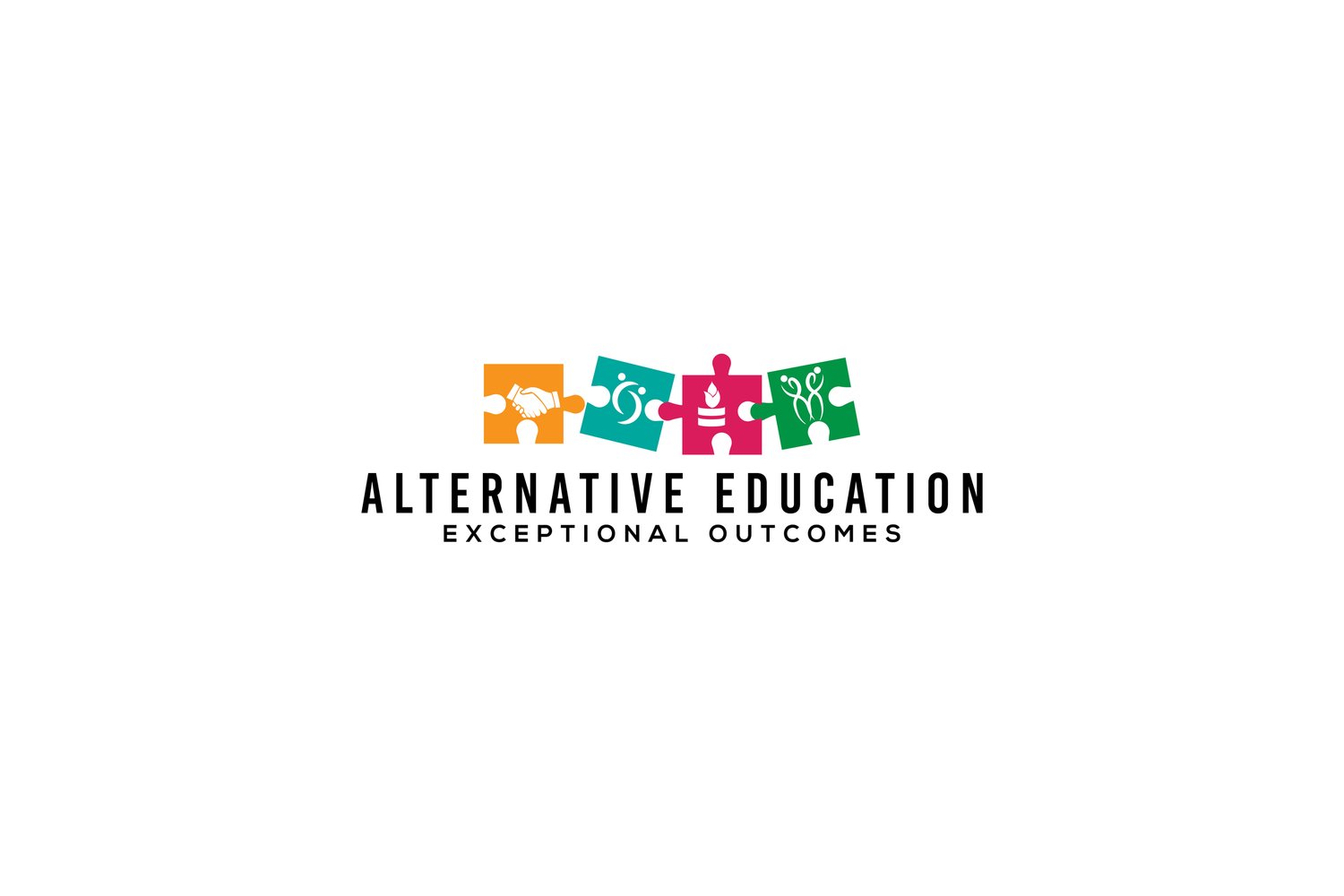
Connection
A connection deficit can significantly impact young people, hindering their emotional well-being and overall happiness. Positive relationships and meaningful connections are crucial for social, emotional, and cognitive growth. When young individuals experience a deficit in relationships and connections, they may face the following challenges:
Isolation and Loneliness: A deficit in relationships and connections can lead to feelings of isolation and loneliness, negatively affecting a young person's mental health and self-esteem.
Emotional Regulation Difficulties: Positive relationships help individuals learn to manage their emotions effectively. A deficit in such relationships may lead to difficulties in expressing emotions, empathising with others, and managing stress.
Reduced Empathy and Understanding: Meaningful connections with others foster empathy and understanding of different perspectives. A deficit in relationships can result in a lack of empathy and challenges in forming deeper connections with others.
Limited Support System: Strong relationships create a support network that helps young people cope with challenges and celebrate successes. A deficit in connections can leave individuals without a reliable support system.
Impaired Communication Skills: Positive relationships improve communication skills, including active listening, assertiveness, and conflict resolution. A deficit in such relationships may lead to communication difficulties and misunderstandings.
Negative Impact on Mental Health: A lack of positive relationships can contribute to stress, anxiety, and depression, affecting a young person's mental well-being.
Inability to Form Healthy Bonds: The ability to form healthy relationships in youth lays the groundwork for future relationships in adulthood. A deficit in connections may hinder young individuals from forming healthy bonds later in life.
Strategies to address a relationship and connection deficit in young people:
Supportive Environment: We create communities that encourage positive relationships and connections among young people.
Social Skill Development: We provide opportunities for young individuals to develop social skills through group activities, team projects, and collaborative learning experiences.
Peer Support Programs: We encourage pro-social peer-to-peer support programs where young people can connect and provide emotional support to one another.
Mentorship and Role Models: We are caring adults who can provide guidance and support.
Active Listening: We model and encourage active listening skills, helping young people better understand and empathise with others.
Diversity and Inclusion: We celebrate diversity, allowing young people to connect with others from different backgrounds and cultures.
Counseling and Mental Health Support: We are connected with counseling and mental health support services to address any emotional difficulties stemming from relationship and connection deficits.
Positive Relationships Online: We guide young people on using social media responsibly to build healthy connections.
By addressing the relationship and connection deficit and prioritising the development of positive and meaningful relationships, young people can experience improved emotional well-being, social skills, and a stronger sense of belonging, leading to a more fulfilling and enriched life.
